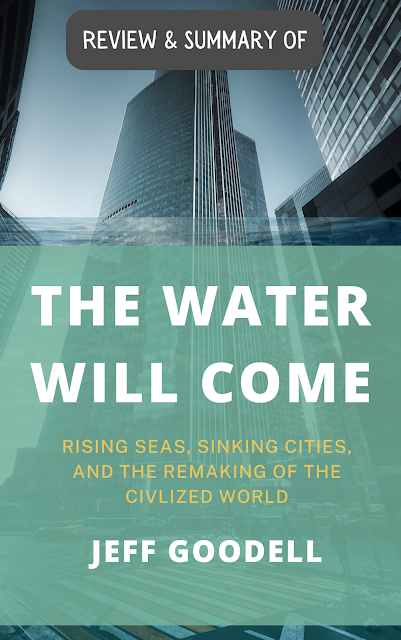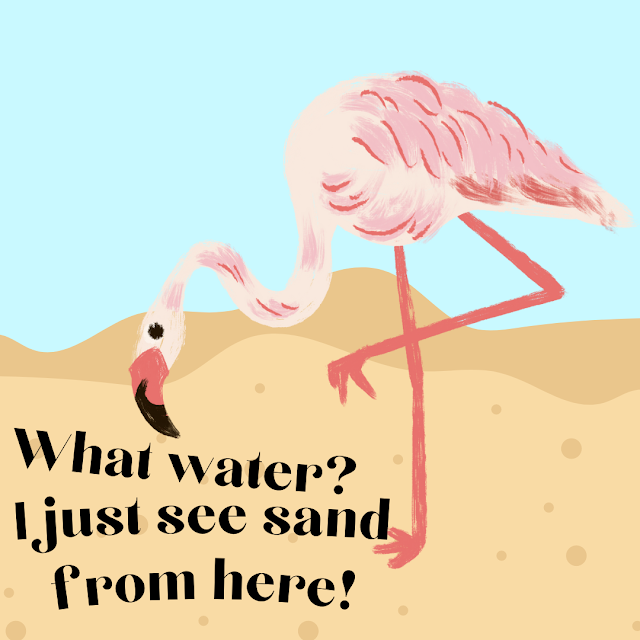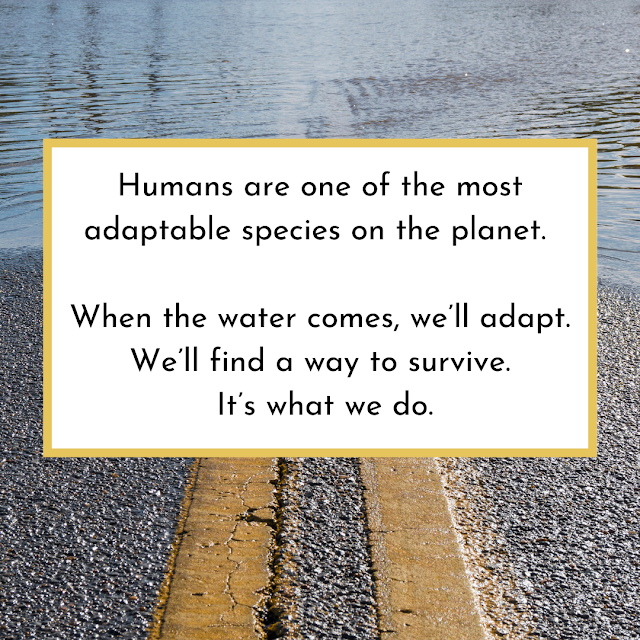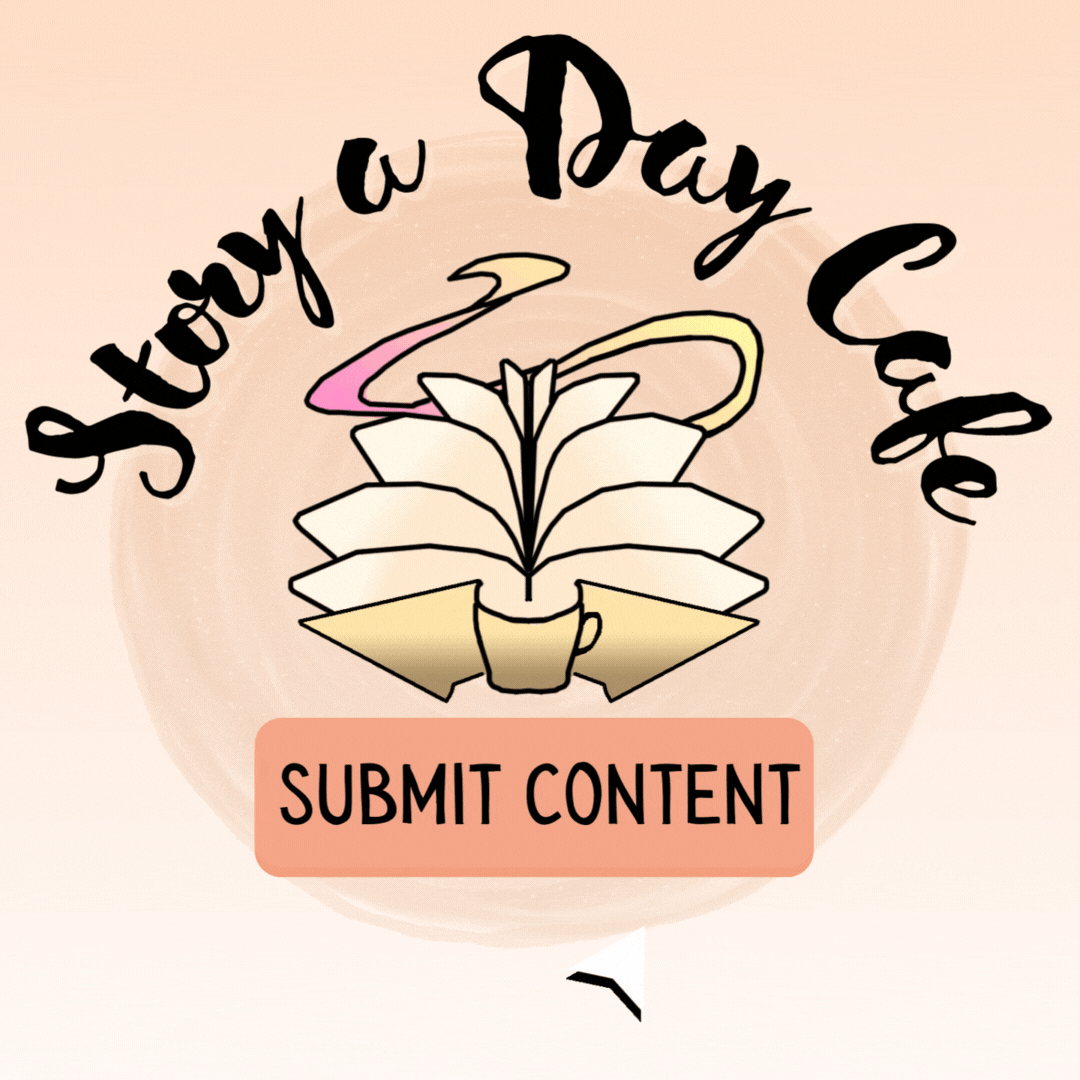 |
| Click here to check out the book yourself ☝ |
I’m a writer. Which means I’m endlessly curious about how my favorite authors get their ideas. So when I saw that this book had influenced Lily Brooks-Dalton in her writing of The Light Pirate, I was immediately interested in reading it myself.
So that’s what I did.
I’ve always been interested in the idea of climate change. In my eighth grade honors English class, one of our assignments was to pick a topic of political interest that we would do some research on and present an argument to the class. It just so happened that at this time, an article came out in my Seventeen magazine that covered climate change. I distinctly remember an image included in the article that predicted the state of Texas (and most of the southern coast of the United States) would be underwater by 2025. Now, obviously, here we are only two years out from that and it doesn’t look like the water is getting anywhere close to swallowing up my home state.
But does that mean it’s not happening?
I hardly think so.
And this book confirms my opinion.
The book covers the various contributions to climate change taking place right now, right under our noses. We’d smell it if only we paused long enough to take a deep breath, but we don’t. Instead, we bury our heads in the sand and ask “what climate change? I see nothing but land from here!”
 |
| We would rather bury our heads in the sand than acknowledge the changes taking place. |
Goodell tackles the tough questions, traveling around the world to find out what the dangers are to climate change and what is being done now to prevent it. He interviews scientists, local residents of several drowning civilizations, politicians, architects, even the former president of the United States, Barack Obama.
And the overall consensus is that, yes, climate change is indeed happening now. Slowly, the water is rising. But slower still is the progress to do something about it.
Why?
Outside of the fact that it’s become a political hotbutton (and as with any issue that draws a line in the sand between Us vs Them, prevents consensus from being possible), human nature tends toward laziness. We don’t want to move. It’s too much work. We don’t want to figure out a method of preventing the ocean from swallowing up entire cities, countries and states. It’s too much work. We don’t even want to figure out a way to live with the incoming water, a way to coexist with the incoming sea. Because it’s all just too much work.Too much money. Too much effort. Too much thinking. Too much planning.
As Goodell puts it in the last few paragraphs of the book:
“The inundation of a modern coastal city is not something humans have ever witnessed before. We’ve seen floods and storm, but this will be nothing like what’s to come. Even if it happens fast, it will seem to happen slowly. People are likely to notice it in the same way they notice aging: Oh, look how tall my kids are all of a sudden!
In a similar way, people will notice higher tides that roll in more and more frequently. Water will pool longer in streets and parking lots. Trees will turn brown and die as they suck up salt water. Then, a storm will hit, and it will push an astonishing amount of water into the city.
Some people will move to new, higher buildings. Others will simply move to higher ground. Roads will be raised. Solar panels will bloom on rooftops. Abandoned houses will linger like ghosts, filling with feral cats and other refugees looking for their own high ground.
Water will continue to creep in. It will have a metallic sheen and will smell bad. Kids will get strange rashes and fevers. More people will leave. Seawalls will crumble.
In a few decades, low-lying neighborhoods will be knee-deep. Wooden houses will collapse into a sea of soda bottles, laundry detergent jugs, and plastic toothbrushes. Human bones, floated out of caskets, will be a common sight. Treasure hunters will kayak in, using small robotic submersibles to search for coins and jewelry.
Modern office buildings and condo towers will lean as the salt water corrodes the concrete foundations and eats at the structural beams. Fish will school in classrooms. Oysters will grow on submerged light poles.
Religious leaders will blame sinners for the drowning of the city. Journalists will arrive on floatplanes and write about the return of nature.
But mostly, the city will be forgotten, one of many places lost to the attacking sea. In some distant future, someone, or some humanlike machines, may explore the sunken city and find bowling balls, stainless steel knives, gold wedding bands, and ceramic tiles. They may wonder about the people who lived there, what their lives were like, and what they were thinking as their world went under.”
In other words, the water will come.
And as it does, will we still be arguing over whether it’s happening? Will we sit back and watch as our cities crumble beneath the waves; as millions of citizens are displaced from their homes, becoming climate refugees that overwhelm the cities on higher ground, far too many of them to keep fed, clothed, sheltered, and alive; as sinking nuclear power plants and human waste leak into our water systems, stream into our cities, infecting and killing our children and ourselves?
When will we stop treating climate change like a dirty word used to a point a finger at and label someone as an idiot, a wackjob, a loser spewing some left-wing nonsense? When will we finally band together to find a solution that saves our cities, our histories, our cultures, our futures, and our lives? When will that take precedence over making a quick buck?
At what point will we start taking this issue seriously?
Unfortunately, as easy as it is to blame politics and capitalistic greed for the lack of solutions, the truth is that there simply aren’t any easy answers. There are already so many people fighting to survive each and every day; so many cities–and entire countries–that are already struggling to keep their economies afloat. With the solutions to this inevitable problem being as expensive and complicated as they are, it’s difficult to find one that doesn’t make the situation in the here-and-now a lot worse for the people and places already neck deep in trouble trying to keep their families and citizens alive. And until one is found, nothing is likely to be done about it.
I don’t have a lot of faith in humanity’s ability to collaborate and plan ahead, honestly, but I do agree with Goodell’s quote that “Aside from cockroaches, humans are the most adaptable species on the planet.”
When the water comes, we’ll adapt. We’ll find a way to survive. It’s what we do.







.png)












